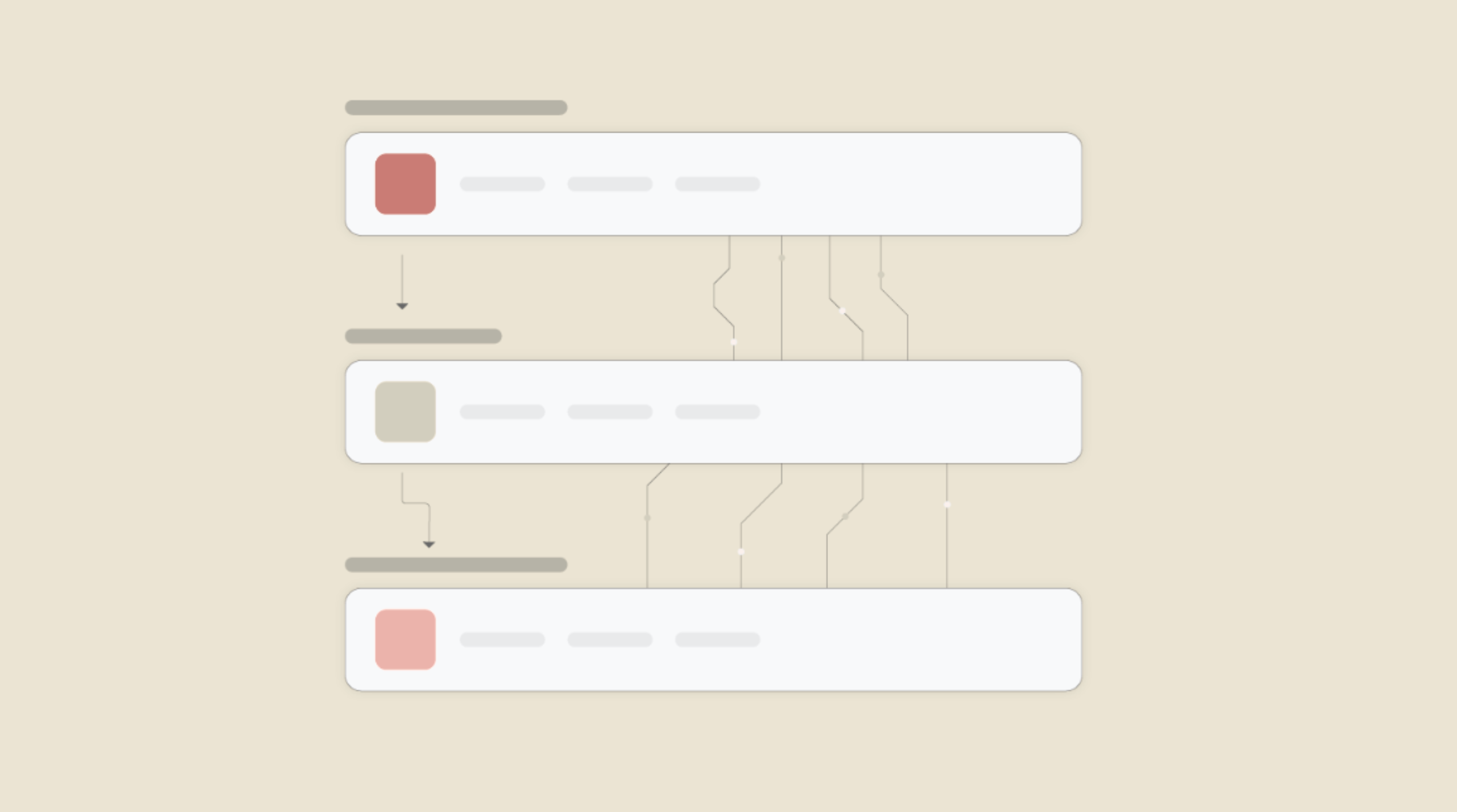Connect DivvyHQ and Roboflow to Build Intelligent Automations
Choose a Trigger

When this happens...
- Request a new Trigger for DivvyHQ
Choose an Action

Automatically do this!
- Request a new Action for Roboflow
Enable Integrations or automations with these events of DivvyHQ and Roboflow
Enable Integrations or automations with these events of DivvyHQ and Roboflow
Actions
Create Content Item
Creates a content item.
List Calendar
List allowed type per calendar.
List Base Calendars
List all base calendars.
List Calendarentries
List all calendarentries.
List Campaigns
List all campaigns.
List Contentitems
List all Contentitems.
Know More About Divvyhq and Roboflow Integrations

How viaSocket Works | A Complete Guide
Gain insights into how viaSocket functions through our detailed guide. Understand its key features and benefits to maximize your experience and efficiency.

5 Simple Automation Hacks to Make Your Team Free
Unlock your team's potential with 5 straightforward automation hacks designed to streamline processes and free up valuable time for more important work.

What is Workflow Automation - Definition, Importance & Benefits | A Complete Guide
Workflow automation is the process of using technology to execute repetitive tasks with minimal human intervention, creating a seamless flow of activities.
Frequently Asked Questions
To start, connect both your DivvyHQ and Roboflow accounts to viaSocket. Once connected, you can set up a workflow where an event in DivvyHQ triggers actions in Roboflow (or vice versa).
Absolutely. You can customize how DivvyHQ data is recorded in Roboflow. This includes choosing which data fields go into which fields of Roboflow, setting up custom formats, and filtering out unwanted information.
The data sync between DivvyHQ and Roboflow typically happens in real-time through instant triggers. And a maximum of 15 minutes in case of a scheduled trigger.
Yes, viaSocket allows you to add custom logic or use built-in filters to modify data according to your needs.
Yes, you can set conditional logic to control the flow of data between DivvyHQ and Roboflow. For instance, you can specify that data should only be sent if certain conditions are met, or you can create if/else statements to manage different outcomes.
About DivvyHQ
DivvyHQ is a content planning and production workflow platform designed to help marketing and content teams manage their content strategies more efficiently. It offers tools for content ideation, planning, collaboration, and publishing, making it easier to streamline content operations.
Learn MoreAbout Roboflow
Roboflow is a platform designed to streamline the process of building, training, and deploying computer vision models. It provides tools for managing datasets, annotating images, and integrating machine learning models into applications, making it easier for developers and data scientists to work with visual data.
Learn More